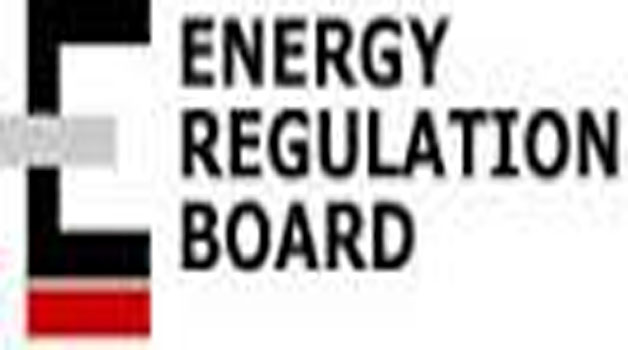 By SYLVESTER MWALE –
By SYLVESTER MWALE –
THE Energy Regulation Board (ERB) has called on mining companies to implement the Demand Side Management (DSM) initiative to help free up power in the wake of the reduced power generation by Zesco.
The DMS system is an efficient use of power which when practiced on a large-scale in sectors such as mining and commercial farms can significantly free up power which could be used by others.
ERB public relations manager, Kwali Mfuni said there was need for all consumers to make tangible efforts to minimise pressure on the national grid following the warning by Zesco.
Zesco warned on Monday that the country should brace itself for increased power outages following the reduction of power generation at Kariba North Bank Power Station from 500 to 305 megawatts.
But Ms Mfuni said in a statement in Lusaka yesterday that the implementation of the DMS system, which focuses on the efficient use of power by the consumer, could reduce load shedding.
“The regulator (ERB) is aware that the power system has been unstable as a result of increased reactive power use by large power users.
“As an industry practice, large power users are required to install reactive power compensating equipment in order to be energy efficient and avoid low power factor which has an adverse impact on the system,” she said.
The ERB last year allowed Zesco to introduce a lower power factor surcharge which was aimed at large-scale consumers to use energy more efficiently.
The surcharge was introduced based on the average power factor metered during billing period and Zesco would be allowed to surcharge any power factor below the limit of 0.92 effective January next year.
The grace period before the surcharge takes effect is meant to allow affected customers to install the necessary equipment to improve the power factor at the consumers’ premises.
Ms Mfuni revealed that Zesco was currently sending large power customers dummy bills as a way of preparing for the actual implementation next year.
She also urged business houses and offices in the country to consistently switch off lights at the close of business as a way of conserving energy.
“Regrettably, at household level, the regulator has also observed that security lights are left on during the day when consumers should be conserving the limited power available,” she said.
She reiterated that appliances such as geysers, pressing irons and electric stoves should be used sparingly when power is restored after load-shedding.






